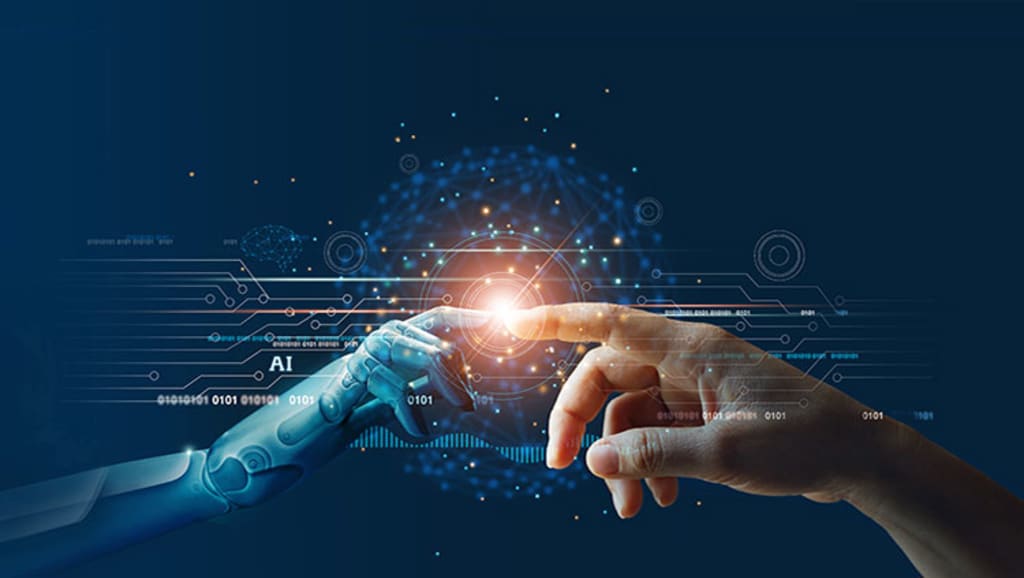
Artificial intelligence (AI) has the potential to greatly impact society in many ways, both positive and negative. It has the potential to revolutionize industries and change the way we live our lives, but it also has the potential to disrupt entire economies and raise ethical concerns. As with any technology, it is important to carefully consider both the benefits and the potential risks in order to achieve a balance that maximizes the benefits while minimizing the negative consequences.
One of the most significant potential impacts of AI on society is in the realm of employment. Many jobs are at risk of being automated or replaced by AI, which could lead to widespread unemployment and social unrest. This is particularly concerning given that many of the jobs at risk of being automated are those that are currently held by low-skilled or low-income workers, who may struggle to find new employment or to retrain for new roles. On the other hand, AI could also create new job opportunities and increase productivity, leading to economic growth. It will be important for governments and businesses to manage this transition in a way that minimizes disruptions and ensures that workers are able to find new employment or receive training for new roles. This could involve measures such as providing retraining and education programs, supporting the development of new industries, and implementing policies such as a universal basic income.
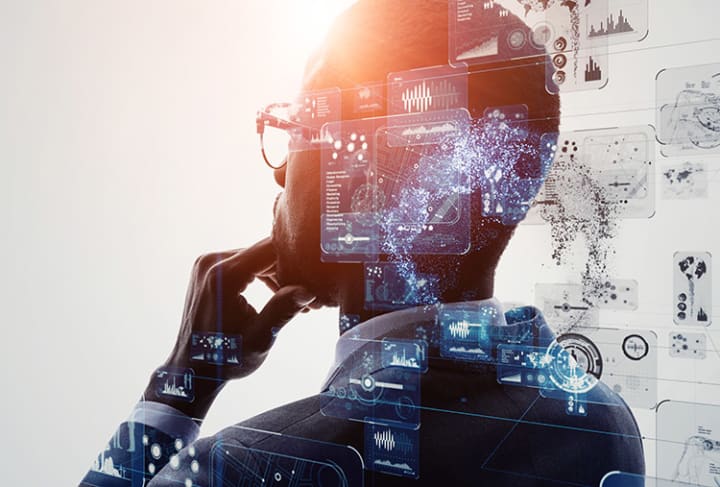
Another potential impact of AI is on privacy and security. As AI systems become more sophisticated and are able to process and analyze large amounts of data, there is a risk that personal information could be collected, shared, or used in ways that are not aligned with an individual's interests or values. This could have serious consequences for individuals, as personal data is often used to make decisions about things like employment, credit, and insurance. There is also a risk that AI could be used to manipulate or deceive people, or that it could be used to perpetuate existing biases and inequalities. Ensuring that AI systems are transparent and accountable, and that individuals have control over their personal data, will be crucial in mitigating these risks. This could involve measures such as implementing strong data protection laws, establishing clear guidelines for the use of AI, and holding companies accountable for their use of AI and handling of personal data.
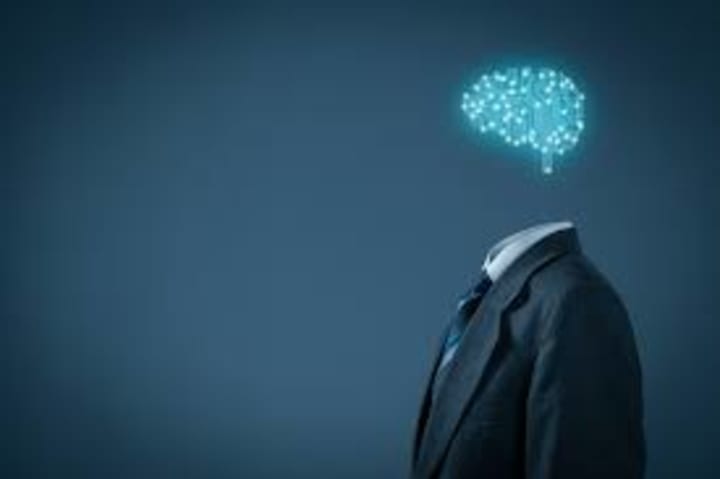
AI could also have significant implications for healthcare, education, and other sectors. In healthcare, for example, AI could be used to improve diagnosis and treatment, or to identify potential outbreaks of disease. However, there are also potential risks, such as the potential for AI to perpetuate existing healthcare inequalities or to replace human caregivers. It will be important to carefully consider these risks and to ensure that the benefits of using AI in healthcare outweigh any negative consequences. In education, AI could be used to personalize learning and improve student outcomes, but there is also a risk that it could lead to a loss of human interaction and the devaluation of certain types of knowledge or skills. Ensuring that education systems are able to adapt and incorporate the use of AI in a way that enhances rather than detracts from the learning experience will be crucial.
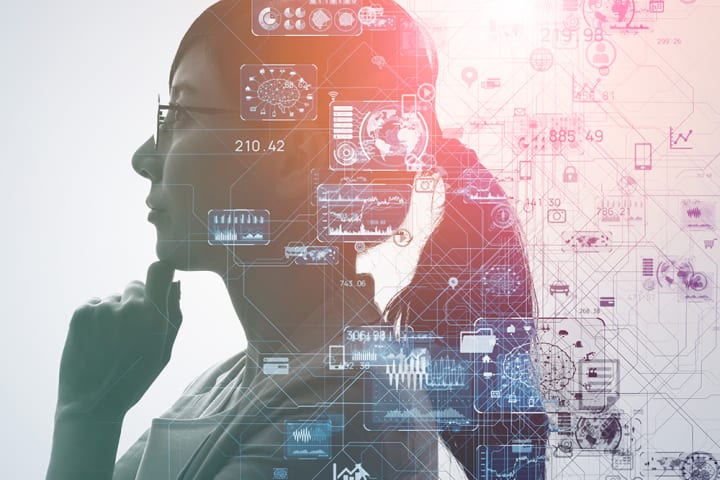
AI could also have significant impacts on society more broadly, in areas such as transportation, energy, and agriculture. For example, the development of autonomous vehicles could revolutionize transportation and make it safer and more efficient, but it could also lead to job losses for drivers and raise questions about liability in the event of accidents. In the energy sector, AI could be used to optimize the use of renewable energy sources and improve energy efficiency, but it could also lead to the centralization of energy production and the loss of jobs in traditional energy industries.
Another potential impact of AI on society is in terms of its potential to exacerbate existing inequalities and biases. AI systems are often trained on large datasets, and if these datasets are not representative of the population as a whole, the resulting AI systems could perpetuate or amplify existing biases. For example, if an AI system used to make hiring decisions is trained on a dataset that is predominantly made up of male candidates, it is likely to discriminate against female candidates. Similarly, if an AI system used in the criminal justice system is trained on a dataset that is disproportionately made up of people of color, it could perpetuate racial biases and lead to more severe sentences for people of color. Ensuring that AI systems are trained on diverse and representative datasets, and that they are designed to be fair and unbiased, will be crucial in mitigating these risks.
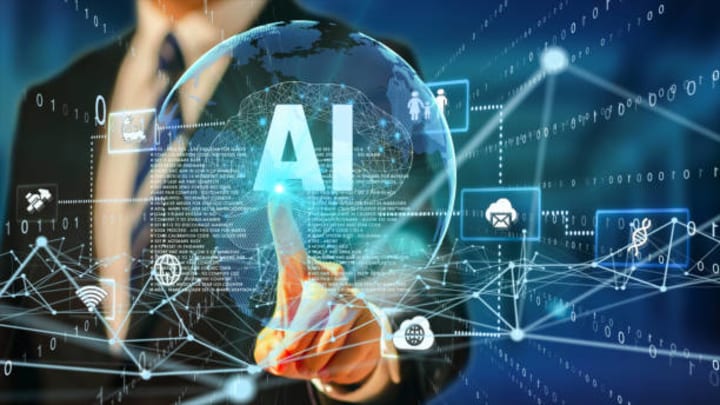
Another potential impact of AI on society is in terms of its potential to change the nature of work. As AI systems become more advanced and are able to take on more tasks that are currently performed by humans, it is likely that the nature of work will change. Some jobs may become obsolete, while others may be transformed or require new skills. This could lead to a shift in the balance of power between workers and employers, and could raise questions about the role of work in society. It will be important to carefully consider the implications of these changes and to ensure that workers are able to adapt and find new opportunities.
In general, the impact of AI on society is likely to be complex and multifaceted. Balancing the potential benefits and risks will require careful thought and consideration, and will likely involve a range of approaches, including regulation, education, and the development of ethical guidelines. It will also be important to ensure that the development and deployment of AI is inclusive and takes into account the needs and perspectives of all members of society. This will require ongoing dialogue and collaboration between governments, businesses, academics, and civil society organizations. By working together, we can ensure that the potential benefits of AI are realized, while minimizing any negative impacts.






Comments
There are no comments for this story
Be the first to respond and start the conversation.